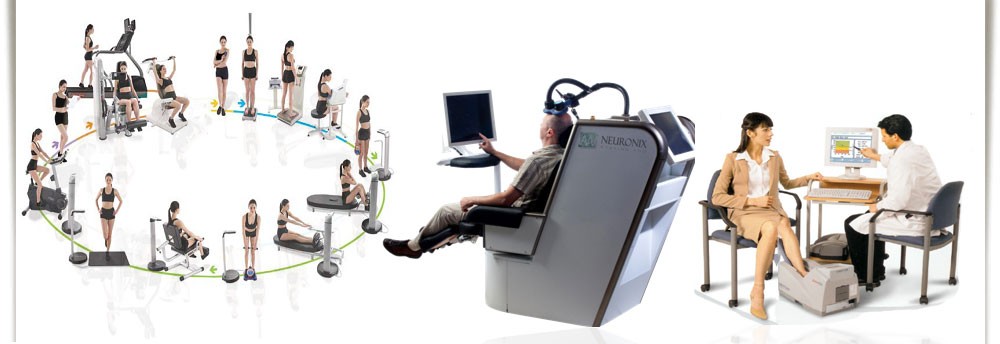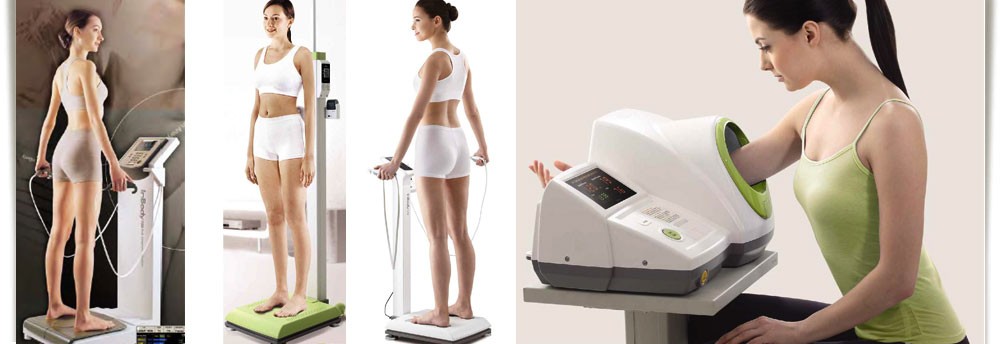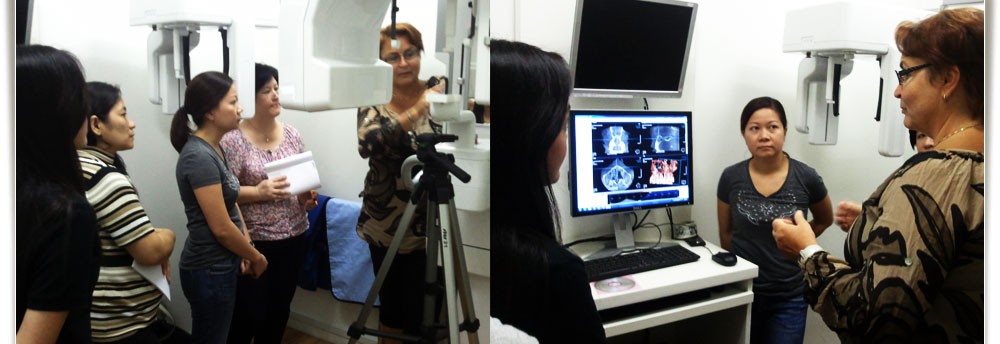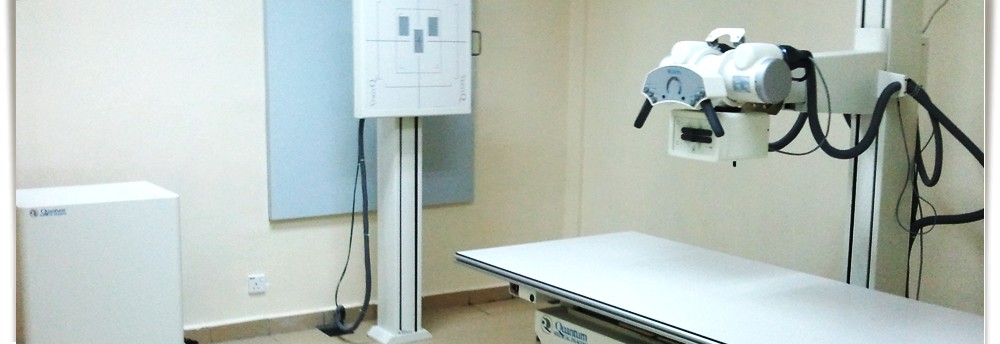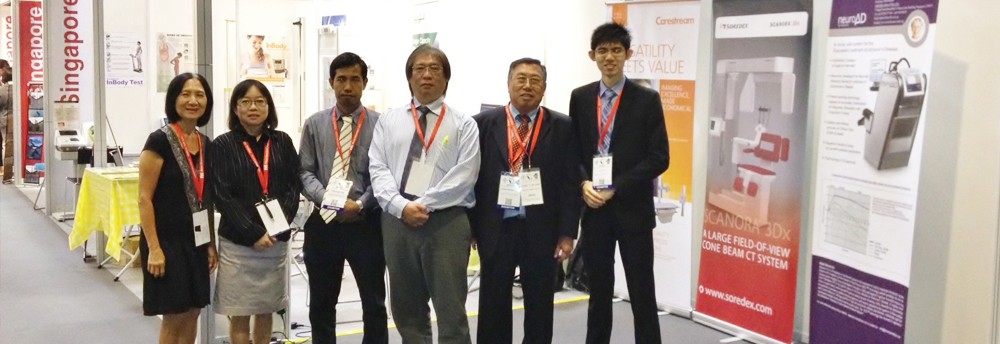Mechatronic Motors
What is a mechatronic motor? The answer is simple: a motor suitable for use in the areas of automation engineering. This means that here classification is not based on physical principles of function but according to utilization.
From the area of synchronous machines we need only mention the AC servo motor and from the asynchronous machines the frequency-converter motor. Both types of machine are used with low and medium-sized power classes e.g. for positioning operations and require a power electronic component for control.
Leybold Didactic offers the AC servo motor with 0.3 kW and the frequency converter motor with either 0.3 kW or 1.0 kW. As a load here you can use the AC pendulum machine for the 0.3 kW power class or the DC pendulum machine for the 1.0 kW frequency
converter motor.
In the experiment literature peculiar operating responses and features are dealt with and contrasted with the corresponding machine types without power electronic control. More detailed topics such as automatic position servo control or non-linear load characteristics (winders, ventilators, etc.) are investigated in more detail in the area of “Drive Technology” (TPS 12.4-5).
AC servo motor
– Design and function
– Operation on a power amplifier
– Current and voltage curves
– Load characteristics
– Automatic current, speed and position control
– Dynamic response and reversing rotation direction
– Regulating the speed and the load
FCC motor
– Design and function
– Operation on a power amplifier
– Run-up and load characteristics
– Speed dependency of the frequency
– Speed dependency of the load, ventilator/pump, winder or flywheel
